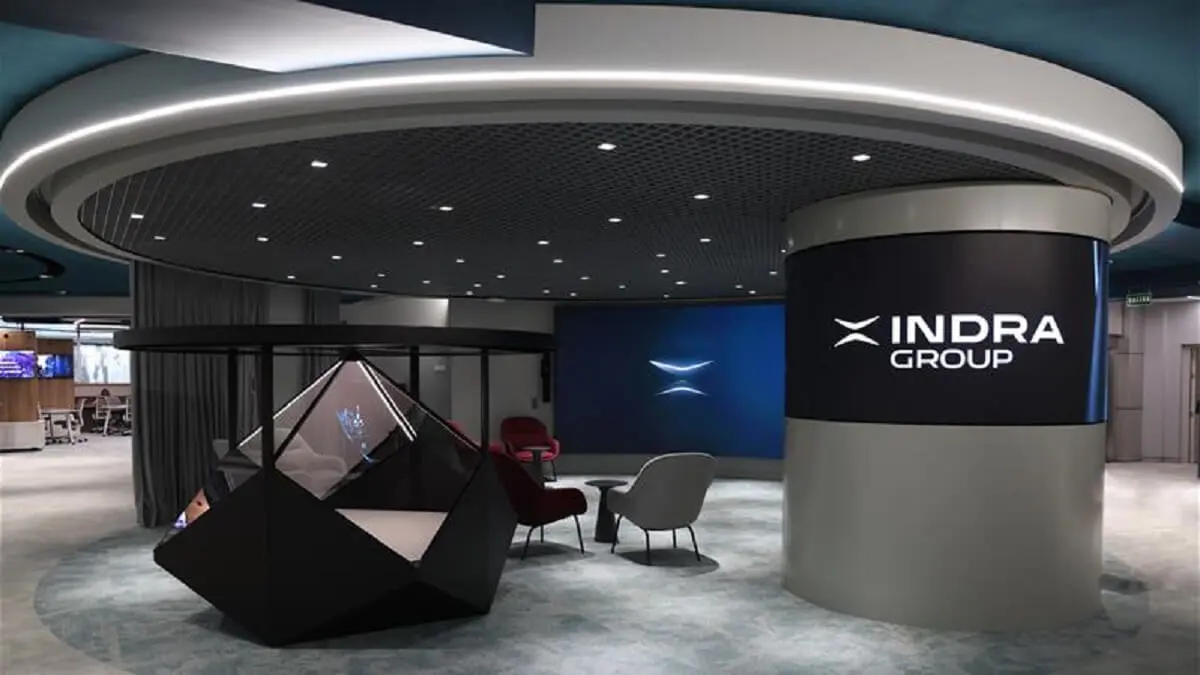Indra Group renews ISO 31000 certification for risk management and extends its scope to the Space business

Indra Group has renewed for the sixth consecutive year its ISO 31000 certification, awarded by AENOR, which recognises its commitment to a risk management culture and its desire to adopt best practices in corporate governance, including financial and sustainability risk management related to environmental, social and governance (ESG) performance.
The ISO 31000 certification highlights the robustness and effectiveness of Indra Group's Risk Control and Management System, which complies with the principles, processes and best practices in this area, effectively integrating risk management into the group's activities and, one year after its launch, remains fully aligned with the company's strategy, as set out in its Leading the Future plan.
This year, for the first time, the Space business has been included among the business lines covered by the certification following the creation of Indra Space. This inclusion reflects the expansion and diversification of the company's operations, as well as its commitment to comprehensive risk management in all its business areas.
The audit team highlighted as strengths the more strategic approach to risk management in relation to the mergers and acquisitions (M&A) process and in the management of risks in the Defence business in the current context, marked by growth in the sector. This approach has enabled Indra Group to anticipate and effectively manage the risks associated with this business.
A particularly relevant aspect, compared to the last audit, is the evolution of the group's risk appetite framework, which defines the level of risk an organisation is willing to accept in order to achieve its strategic objectives. This framework acts as a clear and structured guide for decision-making and risk management at the corporate level. It also reinforces alignment with the best practices recommended by the CNMV, as set out in the Technical Guide on Audit Committees of Public Interest Entities.










